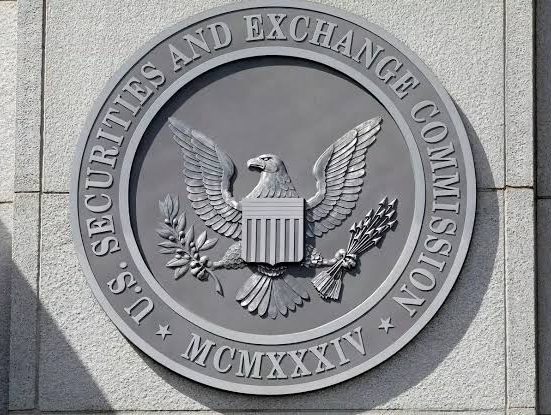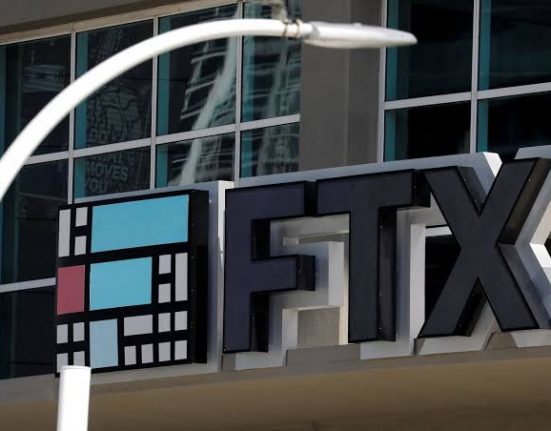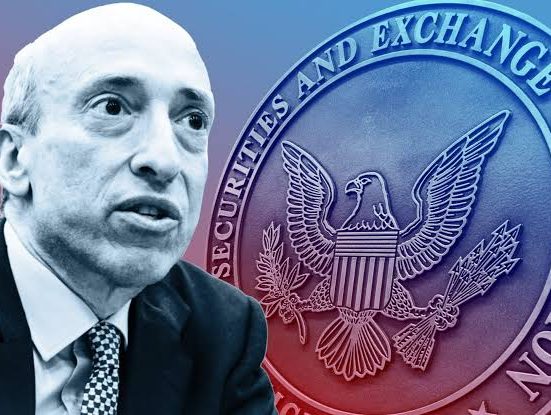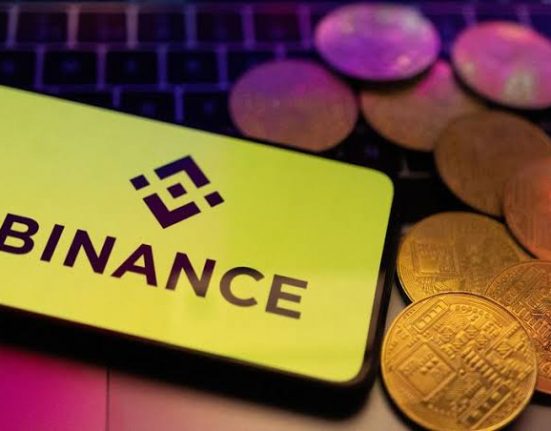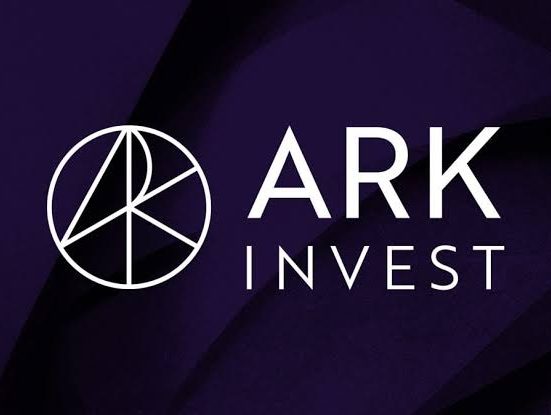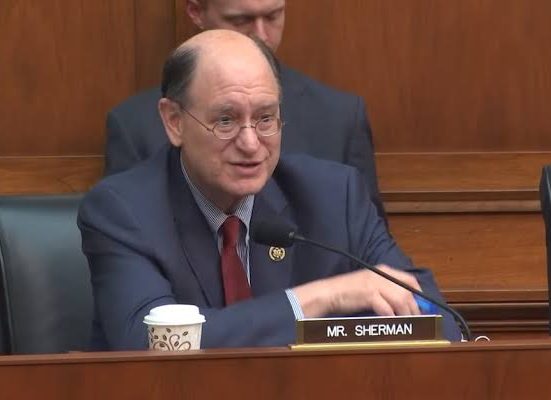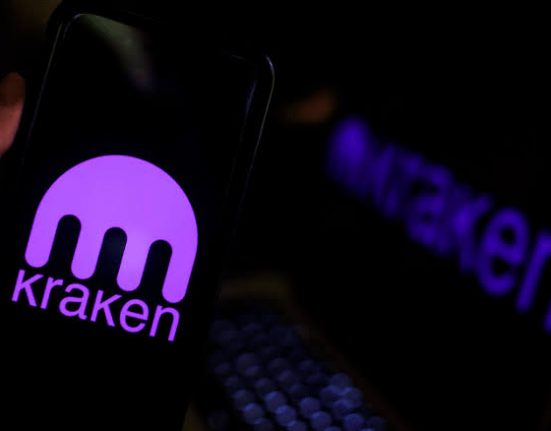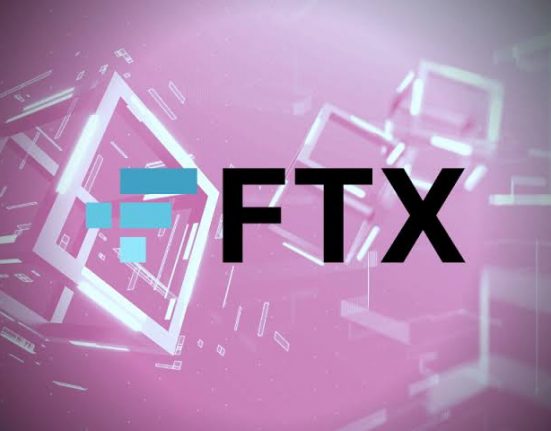In just two weeks, Bitcoin miners move $174 million worth of coins to exchanges.
According to data compiled by blockchain analytics company Glassnode, the velocity of bitcoin (BTC) transfers from miners to centralized exchanges has increased since May 31. According to Glassnode data, since May 31, miners—or organizations that create currency by validating blockchain transactions—have transferred 6671.99 BTC ($174 million) to exchanges. Miners transported 2,606 BTC to exchanges on June 3, the most in a single day in more than four years. Since March 2021, the 14-day average of miner transfers to exchanges has climbed significantly, reaching a peak of 489.26 BTC.In the meantime, over the course of the last two weeks, the balance in wallets linked to miners has dropped by approximately 2,000 BTC. It’s common to assume that moving coins from miner or investor wallets to exchanges indicates a desire to sell or liquidate those particular currencies.Therefore, a greater flow of coins from miners to exchanges is generally regarded as bearish. However, the recent transactions only make up 1.3% of the $13 billion in 24-hour trading activity for bitcoin and do not appear to be significant enough to have a significant effect on the price. Additionally, a spike in miner transactions is frequently interpreted as a sign of optimism about the future value of bitcoin.According to this reasoning, miners increase their sales when they believe the market is robust enough to absorb more supply because their income is intimately related to bitcoin’s price.This is comparable to a central bank of a country with a current account deficit purchasing US dollars on the open market when the dollar is broadly offered.In this manner, it can increase reserves without running the danger of local currency depreciation.According to data from CoinDesk, the price of bitcoin is still trading in a familiar range above crucial support at $25,200.






